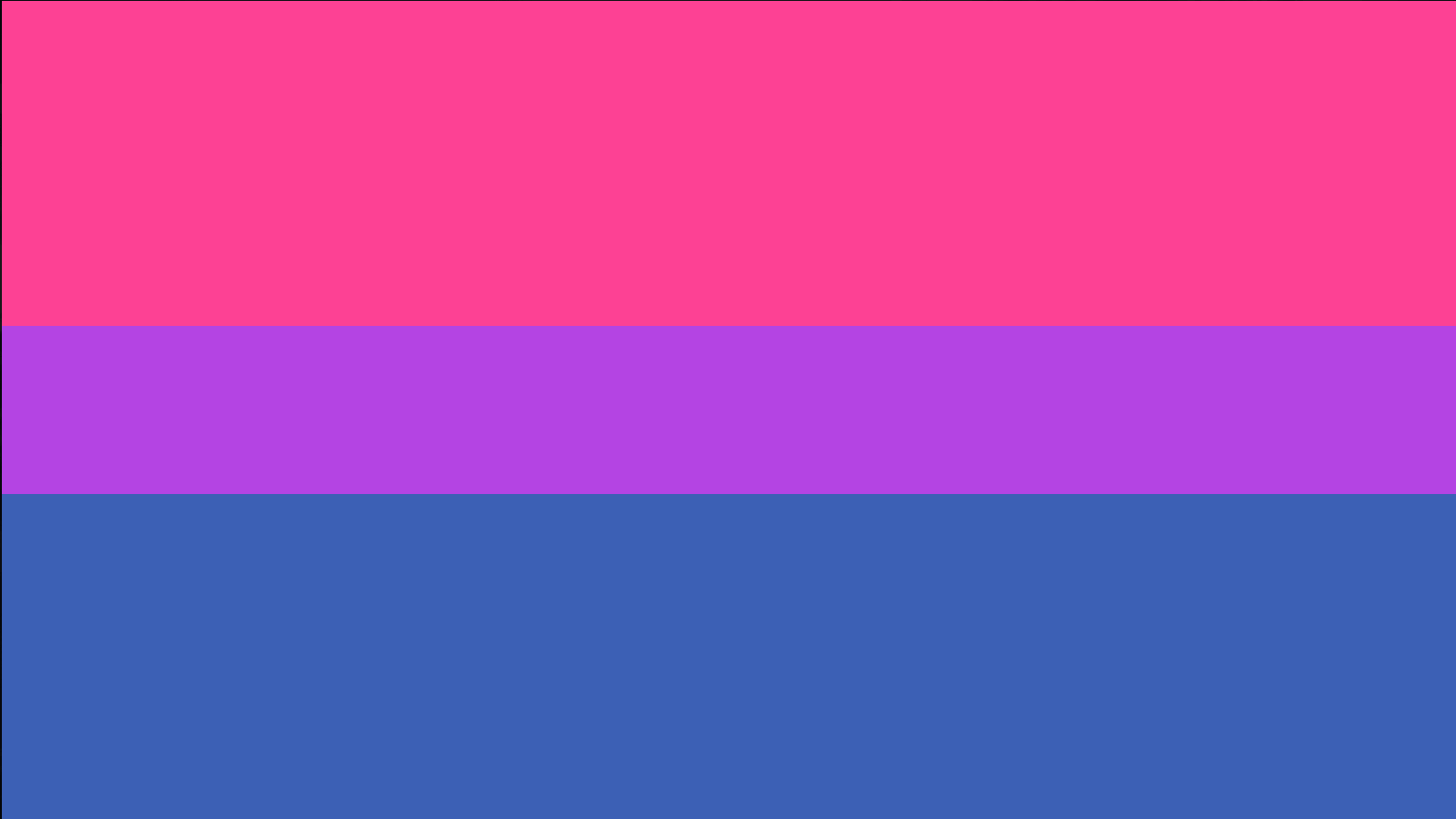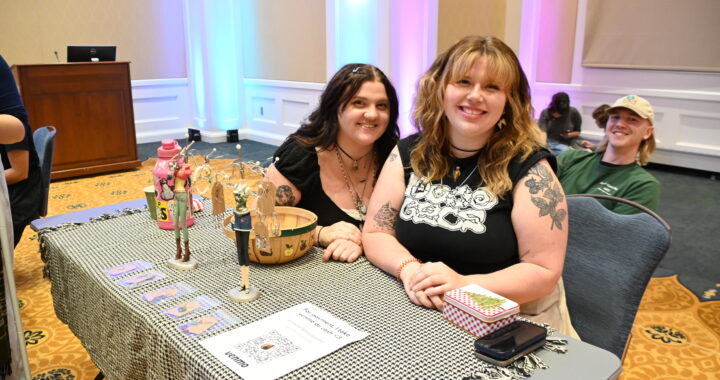Bisexual+ Health Awareness Month draws attention to hidden issue
4 min read
Wikipedia
By VICTORIA RICKMOND
Staff Writer
As the sixth annual Bisexual+ Health Awareness Month draws to a close, still many people remain unaware of its existence. Even though people who identify as bi+ (the + seeking to include all labels such as bisexual, pansexual, fluid, etc.) make up the largest majority of the LGBTQ+ community at nearly 52 percent, they face far greater health risks than the rest of the community.
“Bisexuals have higher rates of poverty, suicide, mental health issues, domestic violence, sexual assault, eating disorders, substance abuse, and poorer general health overall than the rest of the population,” said Kylie Smith, a therapist on staff at UMW’s Talley Center.
According to data compiled by the Bisexual Resource Center, only 28 percent of bisexual people report being out to those closest to them, compared to 77 percent of gay men and 71 percent of lesbians. Biphobia and the erasure of bisexuality often run rampant both outside of and within the community. Jokes, stereotypes, non-inclusive language and even abuse surrounding the bisexual orientation as being either “actually gay” or “actually straight” often leaves people feeling confused, alone and misunderstood. This applies especially to bisexual youth.
“Bisexual youth report lower levels than their gay and lesbian peers of knowing that there are safe and supportive places and people out there,” Smith said. “They’re facing isolation from the heteronormative community and within the queer community, too.”
For college students, the stress of questioning or feeling that they have to prove their sexual identity can often feel like yet another heavy burden added to their daily lives. Smith pointed out several crucial resources here at UMW where bisexual students can feel free to explore and be open about their identities.
“The Talley Center is a great resource for our bisexual students,” Smith said. “It’s a great place to explore sexual and relationship orientation, as well as gender identity. Our professional staff here are affirming, so students can work with a therapist to explore their identities and to address all of those extra-big issues out there that make the bisexual population more vulnerable.”
In addition to individual therapy, the Talley Center also provides an LGBTQ+ support group that is usually able to take on about twelve students each semester.
“While the group is for all those who identify under the queer umbrella, we validate and recognize that first, sexual orientation and gender are on a spectrum and they are not fixed. Second, we are all individuals with individual identities,” Smith said. “Many students are trying things out for maybe the first time and they can say things out loud in a space that is safe and where it won’t go beyond the walls so they don’t have to worry about family and others finding out.”
In addition to the Talley Center and support group, there are several other resources on campus as well. The James Farmer Multicultural Center develops programs that are collaborative with gender and sexual minority-inclusive programs, and Title IX works to provide support for education and corrective action if a student is targeted due to gender identity or sexual orientation.
The rainbow eagle stickers and pins that are often seen on laptops and backpacks around campus represent yet another resource in UMW’s SafeZone Program, in which faculty, staff and students go through training culminating in signing a pledge that they will be affirming and supportive allies for LGBTQ+ individuals on campus.
Despite all of the advantages, the idea of reaching out to these resources or joining a support group may still be intimidating for bisexual students who are struggling. There are always phone hotlines and online chats available, including The Trevor Project for crisis intervention and suicide prevention (866-488-7386), the GLBT National Youth Talkline for both online and by-phone private peer support (800-246-7743), and the LGBTQ Partner Abuse and Sexual Assault Hotline (866-356-6998).
Though they may not be as individualized or effective as one-on-one therapy, Smith also said that standard self-care practices are always a good starting point.
“Express yourself through writing, journaling, poetry or art. Do things that will keep you healthy like balanced meals and movement. If you do use alcohol, tobacco or drugs, do so in moderation because those things make us more vulnerable and we’re already a vulnerable population. Be aware that identifying as bisexual in a world where dichotomies reign is really hard but when you’re able to, stand up and tell the world who you are. Wear your pride. Tell the world that you won’t let them make you invisible. Tell them you’re valid and that who you are matters. It’s not a phase and you deserve to be taken seriously.”


